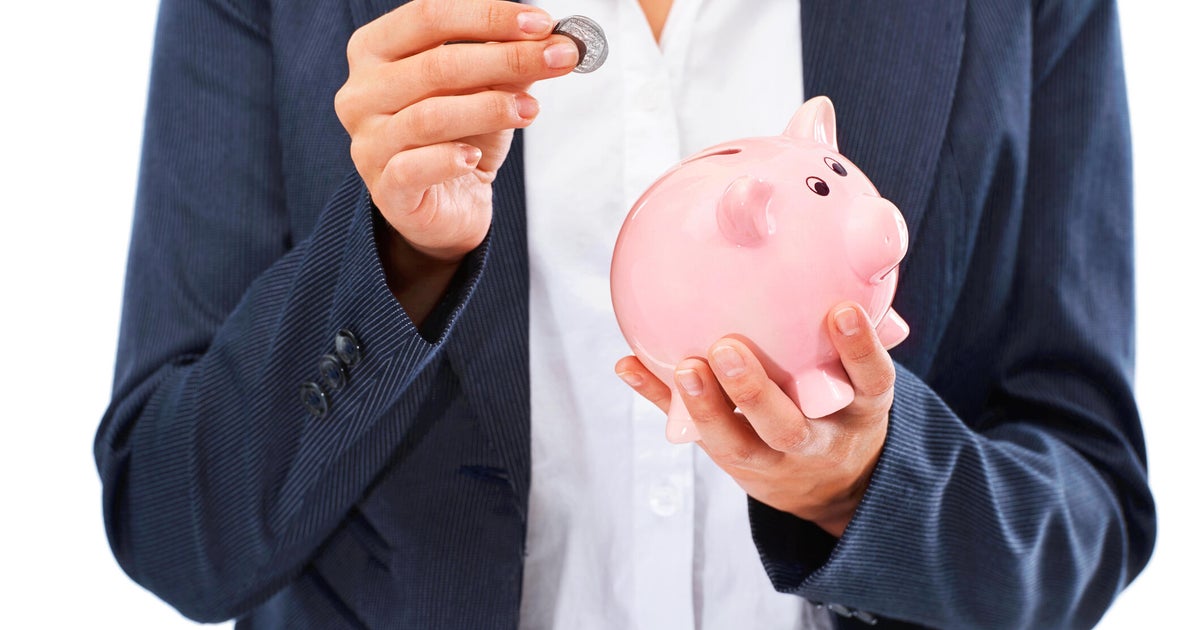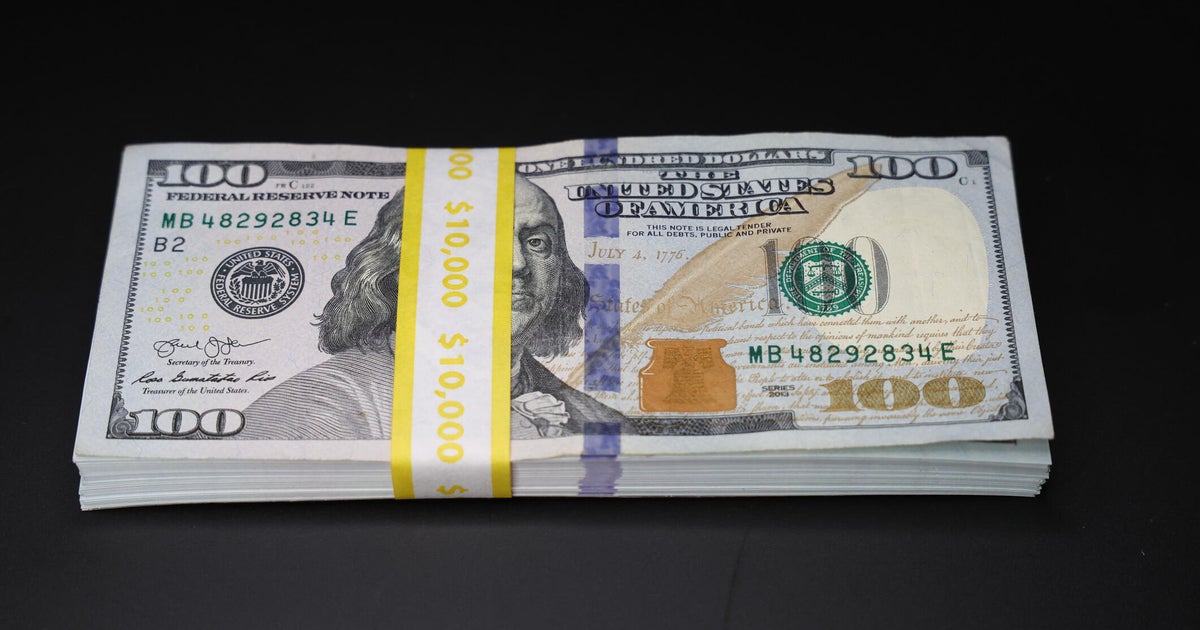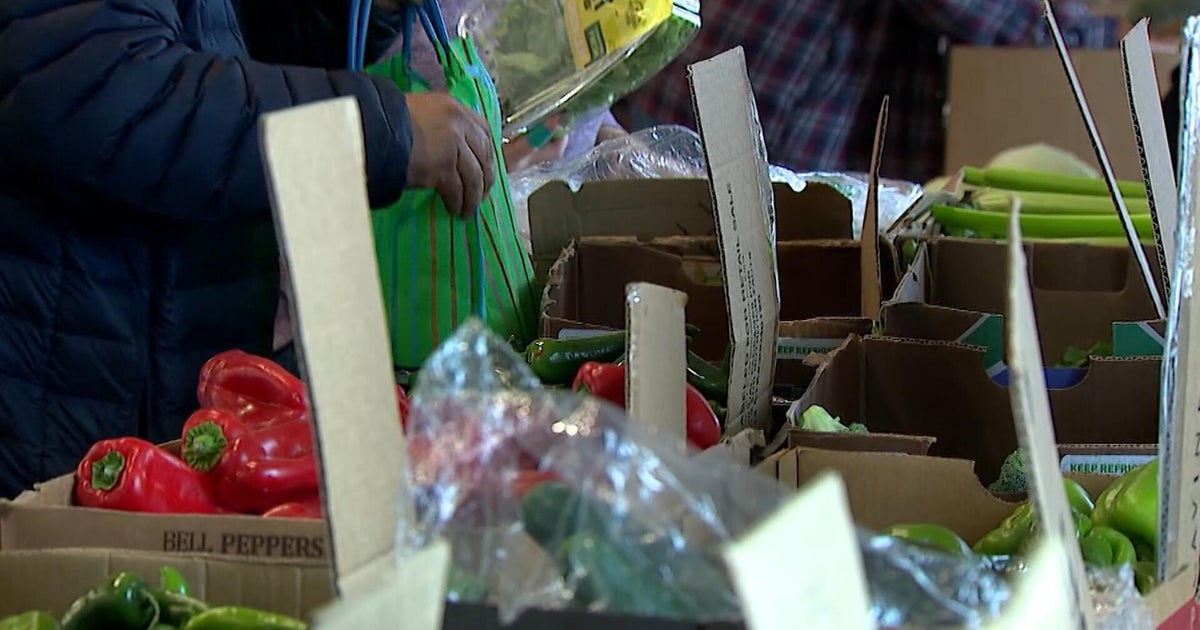How much should you deposit into CDs and savings accounts?
It's always a good idea to be careful with your money. The wrong investment or an impulse purchase could be problematic for your finances, resulting in a significant amount of time spent getting back on track. In today's economy, still plagued by nagging inflation and high interest rates meant to combat it, it's even more important to be judicious about how you spend your money — and where you store it in the interim.
Two savings vehicles that have taken on new importance in recent months are high-yield savings and certificates of deposit (CD) accounts. Both offer savers exponentially more interest than they otherwise would have received by keeping their funds in a regular savings account. And there's minimal risk involved with opening one (they're FDIC-insured up to $250,000 per account, too). But how much should you deposit into CDs and savings accounts now? That's the question many savers are wondering as they attempt to navigate today's rate environment.
Start by exploring rates here now to see how much more you could be earning.
How much should you deposit into CDs and savings accounts?
As with any financial question, the answer to this question is a personal one. Ideally, savers should put all of the money that they will need access to in a high-yield savings account and put the leftover amount into a CD that they won't touch. What they almost assuredly shouldn't be doing is leaving their money in a regular savings account, as these account types earn a meager 0.43% APY currently.
Compared to the 4.5% or more that can be secured with a high-yield savings account or 5% or higher that can be earned with a CD, savers are essentially losing money by keeping their money untouched. None of this, of course, accounts for money that you'll need to keep in your checking account to pay for expenses and bills.
That all being said, if the goal is to earn as much interest as possible on both accounts, savers will need to explore their options. Each bank and lending institution will have its own minimum deposit requirements that will need to be met in order to earn that elevated rate (although there are some rare exceptions).
In these cases, you should deposit the minimum amount to earn that rate, although it will be preferable to deposit more. The more you deposit, the more interest you'll earn — and the more that interest will compound over time. While that may be hard to track and maintain with a high-yield savings account that you'll withdraw from and add to in cycles, it will be easy to determine with a CD that will maintain a set interest rate for the full account term.
But, again, the answer to this question really depends on your personal financial situation and the intangibles discussed above. Start by exploring rates you could qualify for here now to learn more.
How much can you make by depositing money into CDs and savings accounts?
While interest rates on CDs and high-yield savings accounts are comparable, the former type tend to come with a slightly higher APY. Using 5% APY as a baseline for CDs and 4.5% APY for high-yield savings accounts, here's how much savers can expect to make with varying deposit amounts:
CDs (at 5% APY):
- $1,000 deposit for 1 year: $50
- $5,000 deposit for 1 year: $250
- $10,000 deposit for 1 year: $500
High-yield savings accounts (at 4.5% APY):
- $1,000 deposit for 1 year: $45
- $5,000 deposit for 1 year: $225
- $10,000 deposit for 1 year: $450
These profits don't take compound interest into account. And they don't calculate any fees you may incur if you don't meet the account requirements. Still, it's clear that it's worth depositing even a portion of your funds into both accounts to earn more money. And, if you shop around online, you could potentially secure even higher rates for both account types.
The bottom line
CDs and high-yield savings accounts offer savers a unique opportunity to protect and grow their money in today's economy. They should not be dismissed. Instead, account holders should determine how much money they need to pay for expenses with their checking account and consider moving the balance into a mix of CDs and high-yield accounts to earn more on their money. How much they ultimately earn will vary (use the above figures as a proxy). But they should avoid keeping it in a regular account as the rates currently being offered don't even match the rising cost of inflation.




